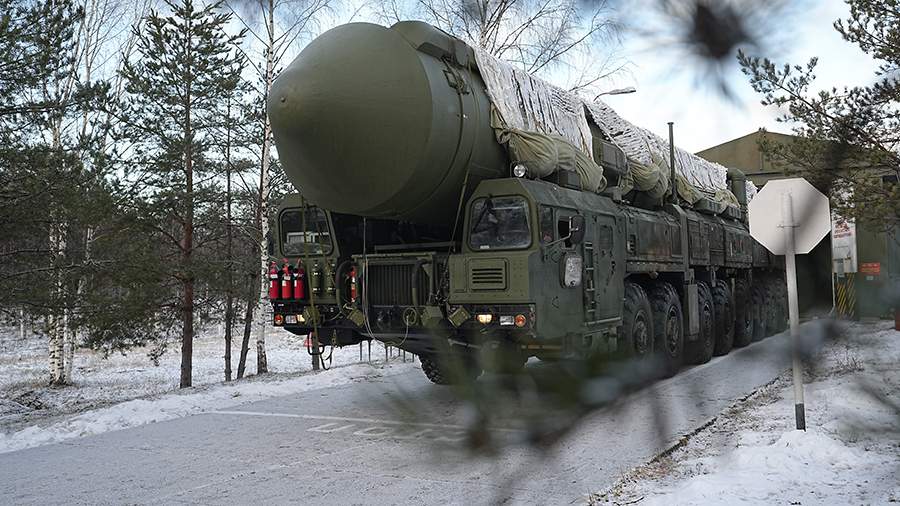Shoigu pointed to the increased risk of a clash between nuclear powers

Geopolitical rivalry between major states is currently intensifying in the international arena, which increases the risks of a forceful clash between nuclear powers. This was stated by Secretary of the Security Council (SC) of the Russian Federation Sergei Shoigu on January 24.
"Against the background of increased conflict and aggravation of geopolitical rivalry in the world, the risks of a forceful clash between large states, including those involving nuclear powers, are growing," Shoigu told TASS.
He noted that the collective Western countries have jointly unleashed "ideological and value-based aggression" against Russia and Belarus. Thus they are trying to strike not only with the help of sanctions, but also to destabilize the political situation inside the states themselves.
"Attempts to destabilize the internal situation, undermine social foundations, impose alien neoliberal ideology have not stopped," said the secretary of the Russian Security Council.
Such behavior of the West affects not only Russia and Belarus, but also negatively affects the international situation in general. Shoigu pointed out that there is a devaluation of the work of international structures - the World Trade Organization (WTO), the World Health Organization (WHO), the Organization for the Prohibition of Chemical Weapons (OPCW) and so on, which are becoming political tools to undermine the prevention of an arms race in space.
"These actions are directly aimed at weakening our countries and are dictated by the desire to deprive us of our sovereignty and the right to freely choose our own path of development and realize our strategic interests," Shoigu said.
Earlier in the day, Shoigu also pointed out that the West was unable to change the course of the special operation, so it would bet on destabilizing the Union State. He said that measures to counter interference in the internal affairs of Russia and Belarus are stipulated in the Concept of Security of the Union State, and emphasized that such attempts by unfriendly countries are regular and varied.
December 6, 2024, Russian President Vladimir Putin and Belarusian leader Alexander Lukashenko signed a treaty on security guarantees between the two countries. The ceremony was held in Minsk after a meeting of the Supreme State Council of the Union State.
As specified by the Russian leader, the document defines mutual allied obligations to ensure defense, protection of sovereignty, independence and constitutional order of Russia and Belarus, as well as the inviolability of the territory of the external border of the Union State.
Later, on December 26, answering Izvestia's question about how to counter the West's attempts to shake up the situation in the countries near Russia's borders, Putin said at a press conference following the meeting of the Supreme Eurasian Economic Council (EAEC) that Russia should be strong.
Переведено сервисом «Яндекс Переводчик»

